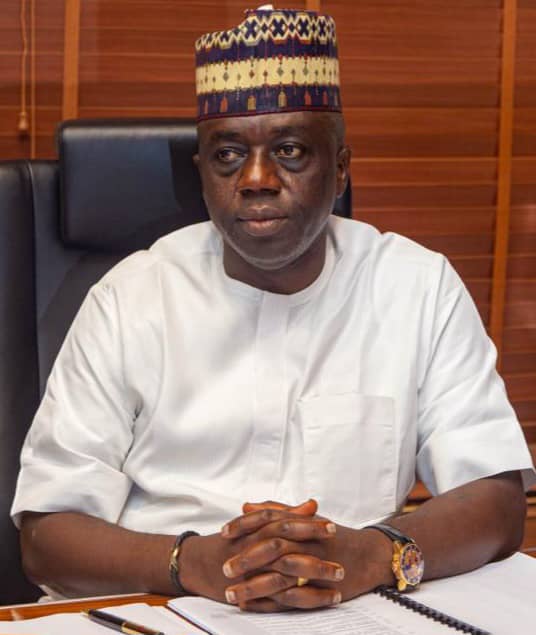The Federal Government has disbursed a total of ₦1.6 trillion to Nigeria’s 36 states and the Federal Capital Territory (FCT) over a 15-month period to support infrastructure development and bolster security efforts, according to official documents from the Office of the Accountant-General of the Federation (OAGF).
The funds, distributed between March 2024 and May 2025, were drawn from non-oil revenue savings under a special intervention programme. The initiative, introduced in response to the economic pressures triggered by the removal of petrol subsidies, was designed to ease fiscal constraints on state governments and accelerate grassroots development.
Records obtained from the May 2025 meeting of the Federation Accounts Allocation Committee (FAAC) show that ₦1.7 trillion was accumulated in the intervention fund, out of which ₦1.6 trillion has been released to states and the FCT, leaving a balance of ₦100 billion as of mid-May.
The disbursements—recorded as “Payments for Intervention to States and FCT”—were made almost monthly, with the largest single tranche of ₦222 billion released in May 2024. Most other months saw regular transfers of ₦100 billion, reflecting what officials describe as a structured intervention model.
The support comes under the Infrastructure Support Fund (ISF), approved by President Bola Ahmed Tinubu in July 2023. The ISF aims to empower subnational governments to invest in critical sectors such as transportation, agriculture, health, education, and water resources.

At the time of the fund’s launch, presidential aide Dele Alake stated the programme would “minimise the impact of increased revenues from subsidy removal and exchange rate reforms” while creating jobs and boosting productivity.
However, concerns have emerged over how effectively the funds have been used. Auwal Musa Rafsanjani, Executive Director of the Civil Society Legislative Advocacy Centre (CISLAC), criticised both federal and state governments for what he called “reckless and unaccountable” handling of the intervention fund.
Speaking in an interview, Rafsanjani said, “We are in an era of financial recklessness and collapsed accountability. The ₦1.6 trillion was supposed to address infrastructure, insecurity, health, and education, but Nigerians have seen little to no benefit.”
He added that political priorities ahead of the 2027 elections may be diverting attention and resources away from public welfare. “There is more interest in campaign funding than in meaningful development. This is why you don’t see any real manifestation of impact from these funds.”
Despite the substantial disbursement, the OAGF document did not include a breakdown of how much each state received or specific project allocations. Analysts and civil society groups have called for greater transparency and independent audits to verify that the funds are being used as intended.
As public scrutiny over fiscal management grows, observers say the effectiveness of the intervention programme will depend not just on funding volumes, but on political will, transparent implementation, and citizen-focused accountability at all levels of government.



